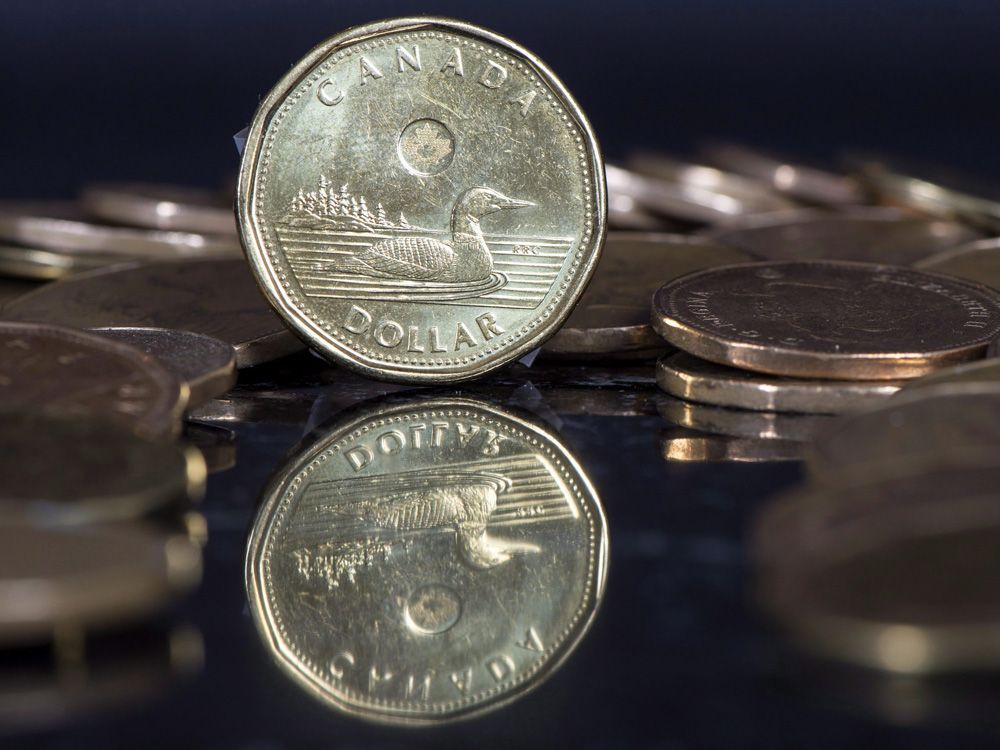- Reaction score
- 27,022
- Points
- 1,360
The provinces’ back pocket. Kinew, Ford and Smith have made it clear to neighboring Governors that mutual best interests are at play, no matter what JT & Co. are saying…I'm hoping that round is in someone's magazine on our side for use as needed.



